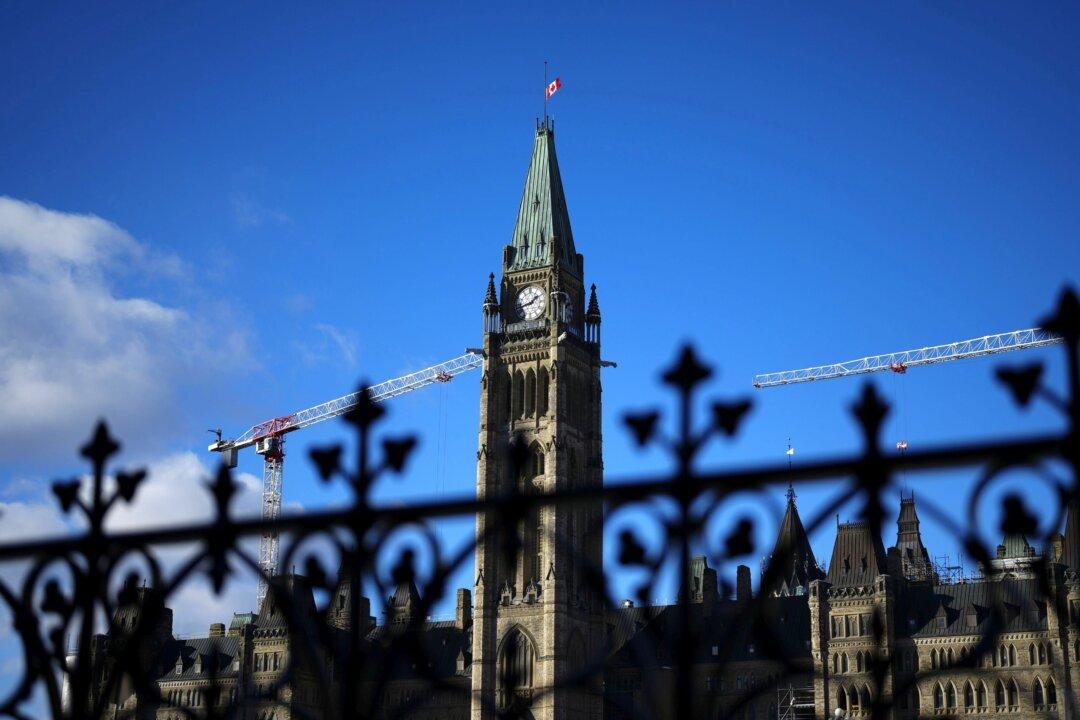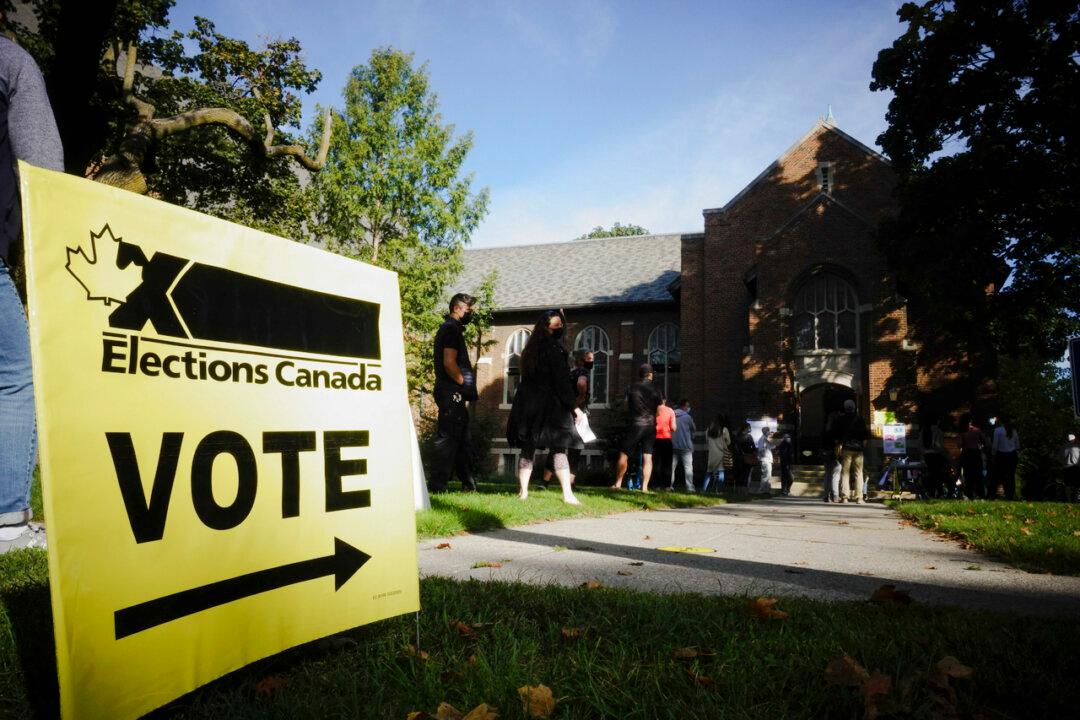Commentary
U.S. President Franklin D. Roosevelt famously addressed a joint session of Congress the day after Japan attacked Pearl Harbour during the Second World War. His opening line, “Yesterday, December 7, 1941—a date which will live in infamy,” is immediately recognizable.





